UN says ‘deeply concerned’ over growing hate speech in Bosnia, Serbia
The United Nations says it is “deeply concerned” over the rising hate speech and glorification of war crimes in Bosnia-Herzegovina and Serbia, three decades after an appalling war killed some 100,000 people.
In a statement, Liz Throssell, spokeswoman for the UN High Commissioner for Human Rights, said the world body was worried by incidents that saw individuals “glorify atrocity crimes and convicted war criminals, target certain communities with hate speech, and, in some cases, directly incite violence.”
She warned that people had chanted the name of convicted war criminal Ratko Mladic as they were holding torchlight processions, singing nationalistic songs, and calling for the takeover of locations in the former Yugoslavia. The UN official also said at least in one incident, some people fired shots in the air outside a mosque.
Mladic, a former Bosnian Serb general, was sentenced to life in prison for war crimes in Bosnia, particularly for the Srebrenica massacre and the siege of Sarajevo. The genocide in Srebrenica occurred after Bosnian Serbs captured the eastern enclave in July 1995 and began executing Bosnian men and boys and dumping their remains into mass graves.
The warning on Friday came as Bosnian Serbs on January 9 celebrated their prohibited state holiday, marking the creation of the so-called Republika Srpska (RS), a Serb entity of Bosnia’s that was declared three decades ago, following the breakup of Yugoslavia.
The Bosnian War, which broke out in the first half of the 1990s, led to the division of Bosnia. Ethnic Bosnian Serbs secured half of the country and the other left to be governed by a Muslim-Croat federation.
Serbia and Bosnia will hold elections in April and October, respectively, with Throssell warning that “continued inflammatory, nationalistic rhetoric” risk exacerbating an “extremely tense” political environment in 2022.
Last month, RS leader Milorad Dodic, the Serb member of Bosnia's tripartite presidency, set in motion plans to pull out of Bosnia's central institutions, a move largely interpreted as a prelude to secession.
Early this week, demonstrators across Europe and the US filled the streets to demand an end to Bosnia and Herzegovina’s biggest political and security crisis since the 1990s, as Bosnian Serbs threaten to separate and fears increase about moving toward renewed conflict.
Protests were staged in 35 cities across 14 countries, including in Sarajevo, Podgorica, Rome, Brussels, London, New York, and Washington, DC, with demonstrators demanding that the international community intervene in a bid to stop the break-up of the country.
Platform BIH, the umbrella group based in the Netherlands that organizes the rallies, warned that, “The secession of Republika Srpska would be a reward to the Serbs for ethnic cleansing and genocide against Bosniaks.” It stressed that “many fear the country is slipping back into divisions and conflicts.”
“[Protesters] want to send a simple message to world officials that divisions and conflicts must not happen again. They want the EU and the USA to act in time, preventively, not reactively like in the 1990s.”
VIDEO | Istanbul demonstration voice support for Iran amid US tensions
VIDEO | Israeli settlers attack Palestinian Bedouin community, injure 13
Palestinian Ambassador’s residence in Tehran attacked amid terror wave
Syria's HTS regime agrees to truce with SDF after its troops advance
EU mulls over $100bn in US retaliatory tariffs over Greenland
VIDEO | Trump's presence sparks major protests at Davos Forum
President Pezeshkian vows historical Iran-Iraq relations will remain stable
VIDEO | Slamming foreign-backed terrorism in Iran


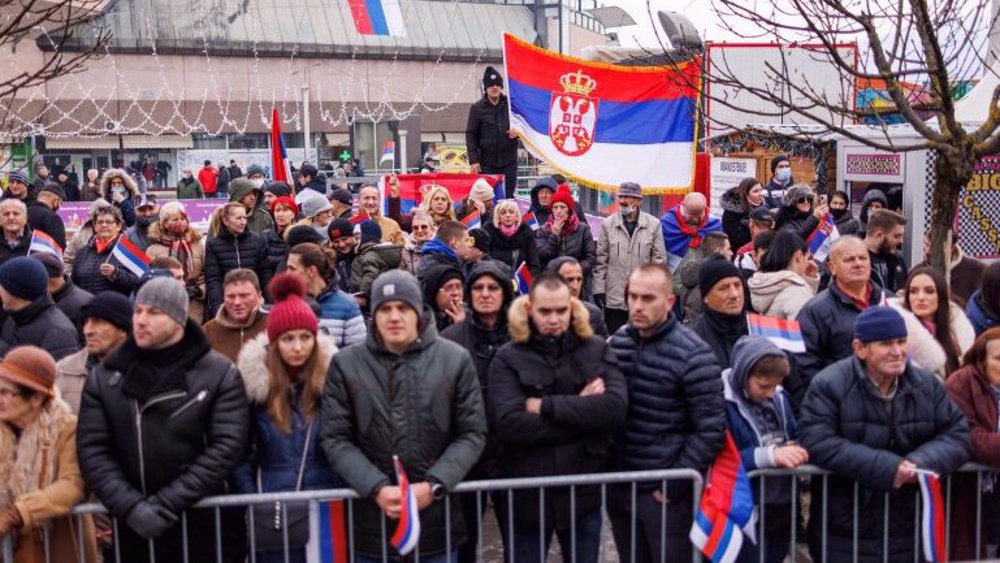
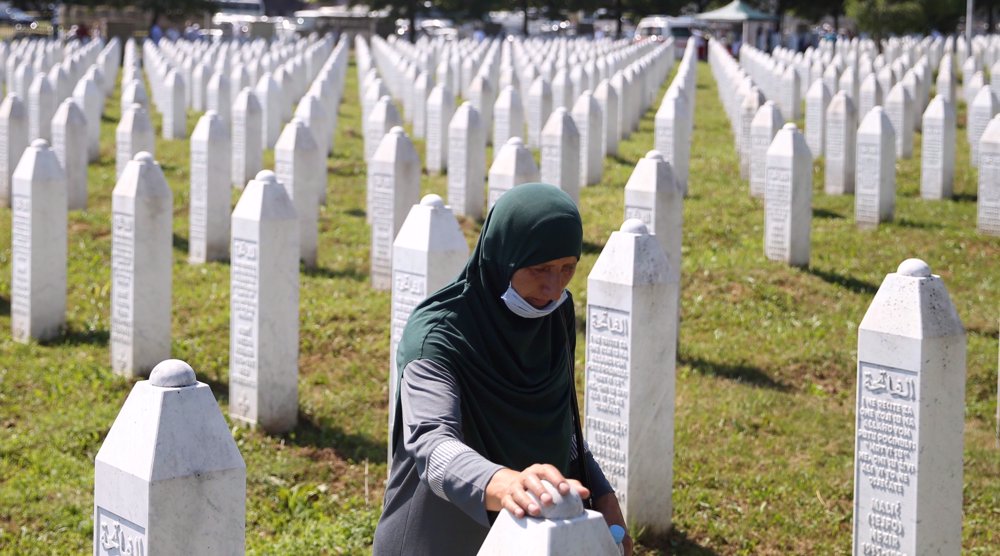
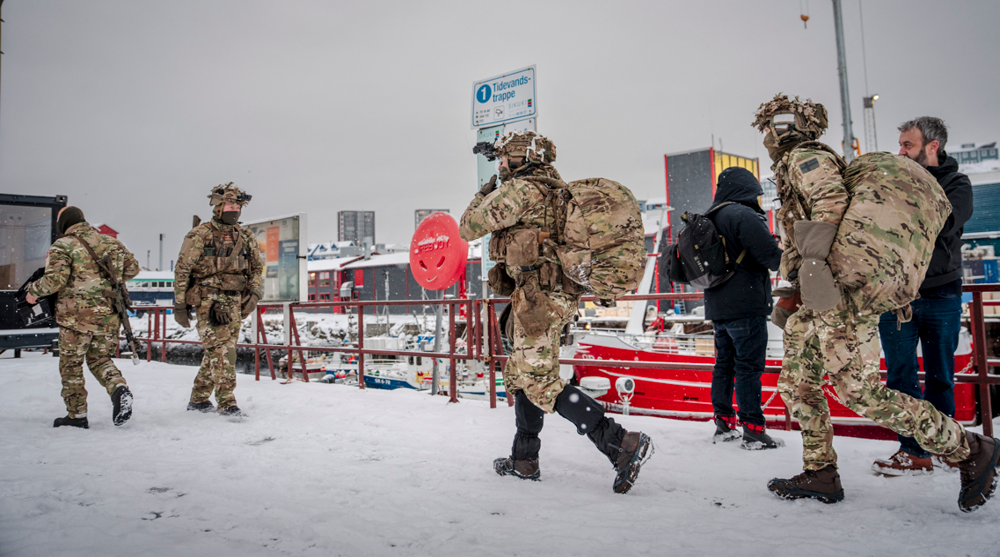
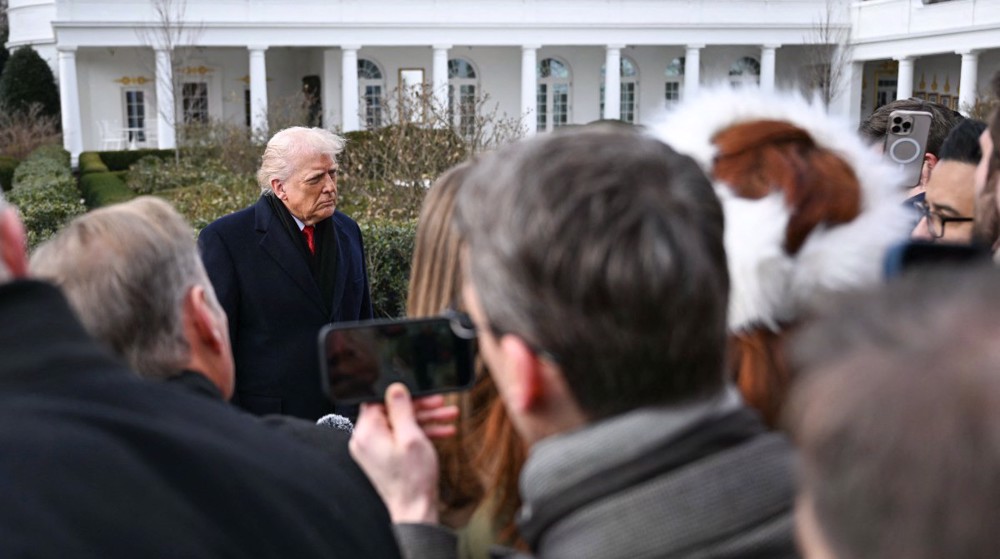
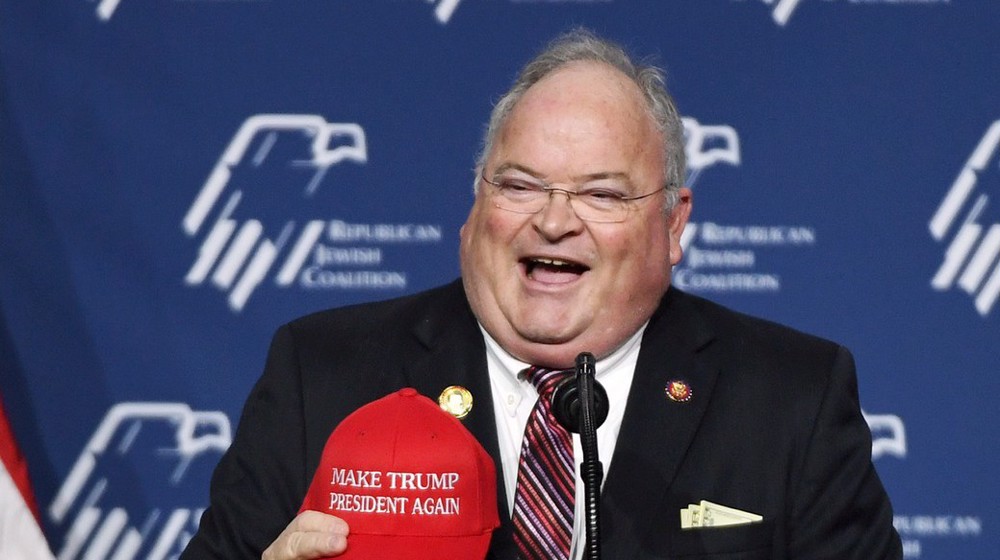




 This makes it easy to access the Press TV website
This makes it easy to access the Press TV website